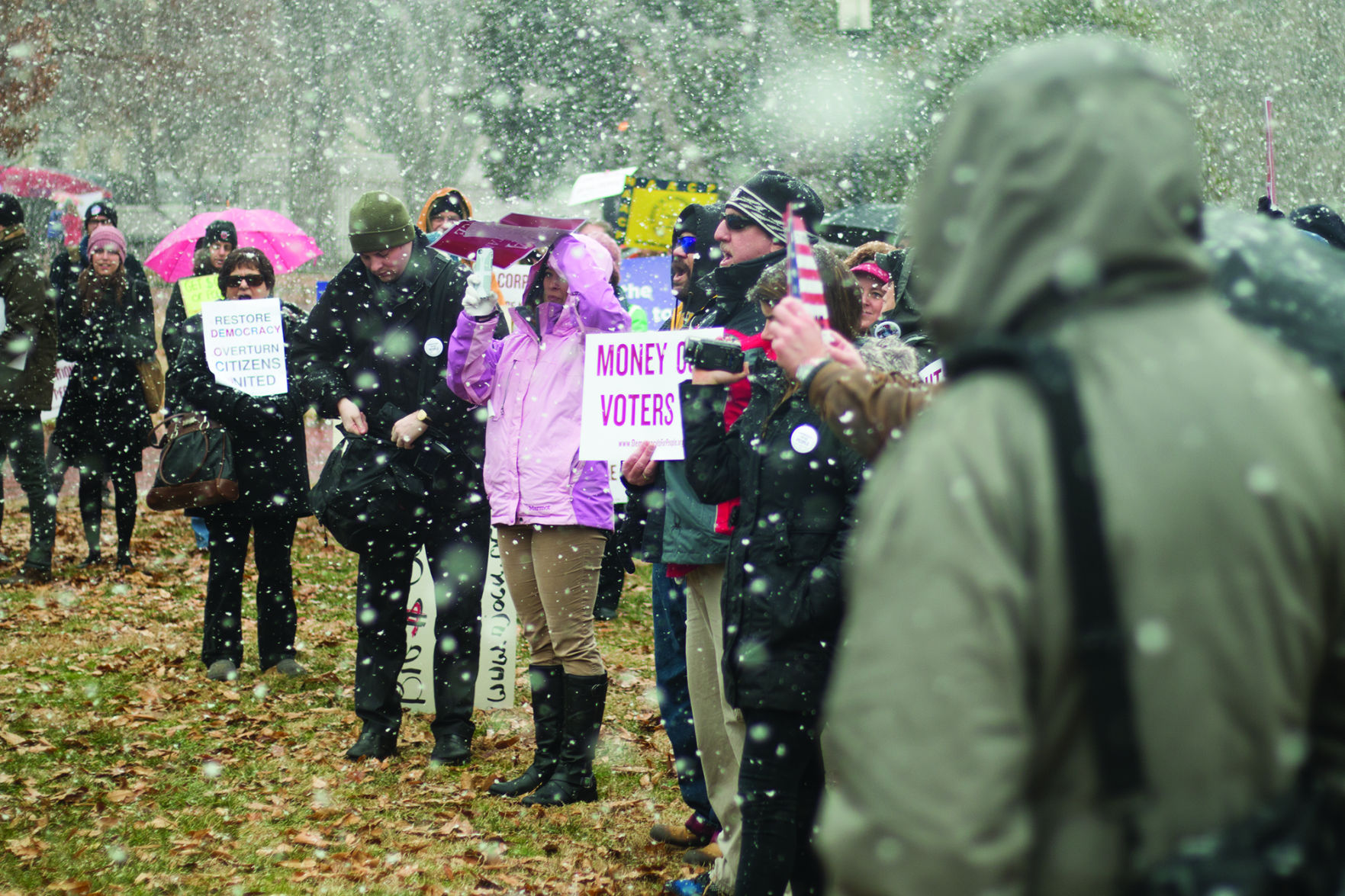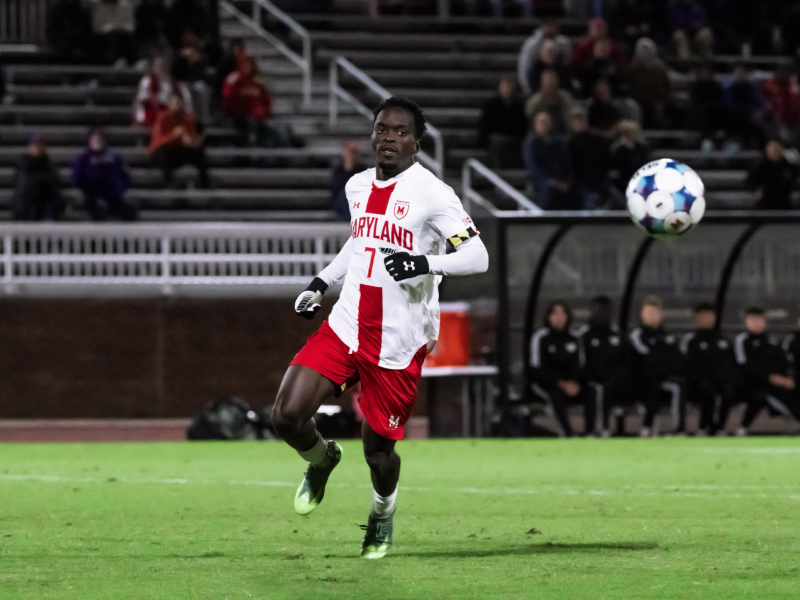
MaryPRIG
Five years after the Supreme Court struck down limits on corporate and union campaign spending in the Citizens United case, students at this university are fighting to undo the damage to democracy they attribute to the court’s ruling.
Members of the on-campus activist group MaryPIRG decided to work on the “Reclaiming Our Democracy” campaign as their main effort this semester after they saw the effect that the Citizens United decision had on the political process. The campaign is centered on passing a small donor-matching program in Prince George’s County that would match donations of $200 or less by ratios as high as 6 to 1.
In 2010, the Supreme Court ruled 5-4 in Citizens United v. Federal Election Commission that the First Amendment prohibited corporate spending caps in elections, claiming such groups are “associations of individuals.” The court also said that spending money in elections was a part of free speech, and that limiting the amount of money a group could donate to groups independent of candidates, like super PACs, was an infringement of that right.
The ruling caused an unprecedented increase in campaign donations in the 2012 elections, with more than $1 billion coming from outside spending. Of that $1 billion, more than $400 million was dark money, or funds for an election campaign that have no disclosed source, according to Huffington Post.
Tom Klotz, MaryPIRG’s “Reclaiming Our Democracy” campaign coordinator, said creating a small donor-matching program is important because of “massive corporate interests that are rallying against the interests of the public.”
“When you look at issues, like social issues and political issues, they all originate from campaign financing,” Klotz said, “in that our elected officials, when we rally to create awareness for an issue, are being blocked because corporate interests are vastly different from the interests of the majority of the public.”
On Jan. 21, the fifth anniversary of the Citizens United ruling, members of MaryPIRG joined hundreds of other protesters in Washington for a rally. In the cold, snowy weather, attendees listened to speakers explain the damage they believe unrestricted political donations has caused to the democratic process.
“We are trying to get more informed about the issue of campaign finance reform, and it sounded like a cool way for us to gather with people with the same interests as us,” said Andrea Holtermann, the assistant coordinator for MaryPIRG’s campaign.
The growing movement against the Citizens United ruling has spread from political rallies to the halls of Congress. In February 2014, U.S. Rep. John Sarbanes (D-Md.) introduced a bill to Congress called the “Government By the People Act,” which aims “to make everyday Americans just as powerful as big-money campaign donors.”
“[After coming back to office in 2007], I witnessed how wealthy campaign donors and well-connected Washington insiders are blocking progress on the issues that everyday citizens care most about — whether it’s creating good jobs, education, healthcare or the environment,” Sarbanes said.
Like Sarbanes, Holtermann is passionate about campaign finance reform because she believes achieving significant political change will be challenging until big-money donations are unable to “drown out” lower-income voters.
MaryPIRG will be attending several events in the area and planning some of their own for the upcoming semester to show students why this issue should matter for them.
“As an activist group, we are trying to promote all these causes, like homelessness and environmental change,” Holtermann said. ”We’ve realized how much big money influences campaigns and politicians, and that we can’t get anything else done unless we figure this out first.”



